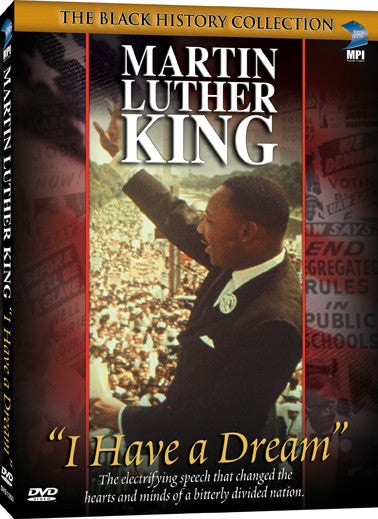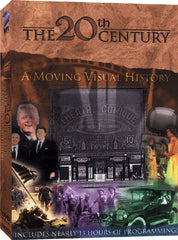Synopsis
Contains the complete 'I Have A Dream' speech.
“I have a dream today.”
On August 28, 1963, Martin Luther King spoke these words as he addressed a crowd of more than 200,000 civil rights protesters gathered at The Lincoln Memorial in Washington, DC.
Two months earlier, President John Kennedy had sent a civil rights bill to Congress, but it was struck down. Although Kennedy was concerned about the possibility of widespread violence during this protest, he realized he was powerless to stop it and embraced the movement instead.
Known as the “March on Washington for Jobs and Freedom,” the country expected to hear King deliver strong words to his opponents. Instead, his “I Have a Dream” speech was one of heartfelt passion and poetic eloquence that still echoes in our memory.
Nearly a year after the march on Washington, Congress enacted the Civil Rights Act of 1964. The Act banned racial discrimination in public places, in public education and enforced the constitutional right to vote.
“I have a dream today.”
On August 28, 1963, Martin Luther King spoke these words as he addressed a crowd of more than 200,000 civil rights protesters gathered at The Lincoln Memorial in Washington, DC.
Two months earlier, President John Kennedy had sent a civil rights bill to Congress, but it was struck down. Although Kennedy was concerned about the possibility of widespread violence during this protest, he realized he was powerless to stop it and embraced the movement instead.
Known as the “March on Washington for Jobs and Freedom,” the country expected to hear King deliver strong words to his opponents. Instead, his “I Have a Dream” speech was one of heartfelt passion and poetic eloquence that still echoes in our memory.
Nearly a year after the march on Washington, Congress enacted the Civil Rights Act of 1964. The Act banned racial discrimination in public places, in public education and enforced the constitutional right to vote.
BACK TO TOP ↑






